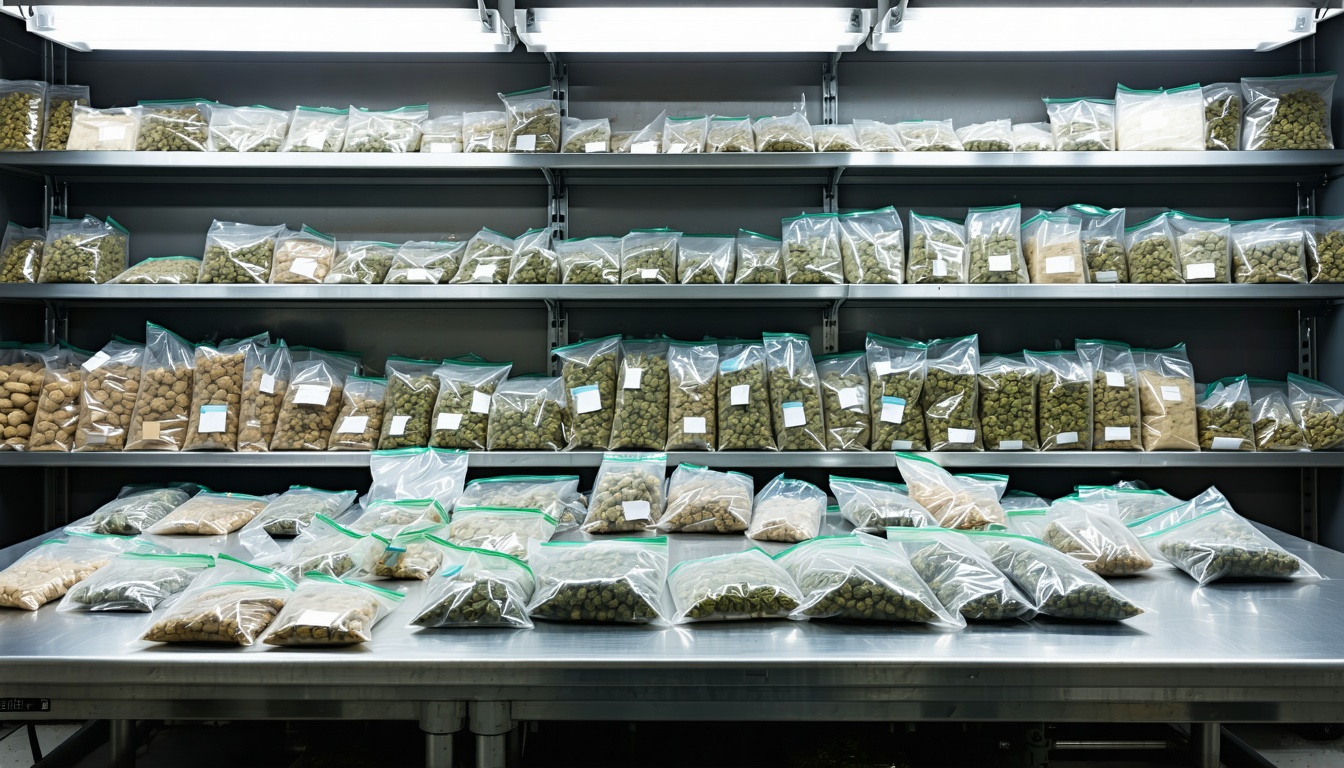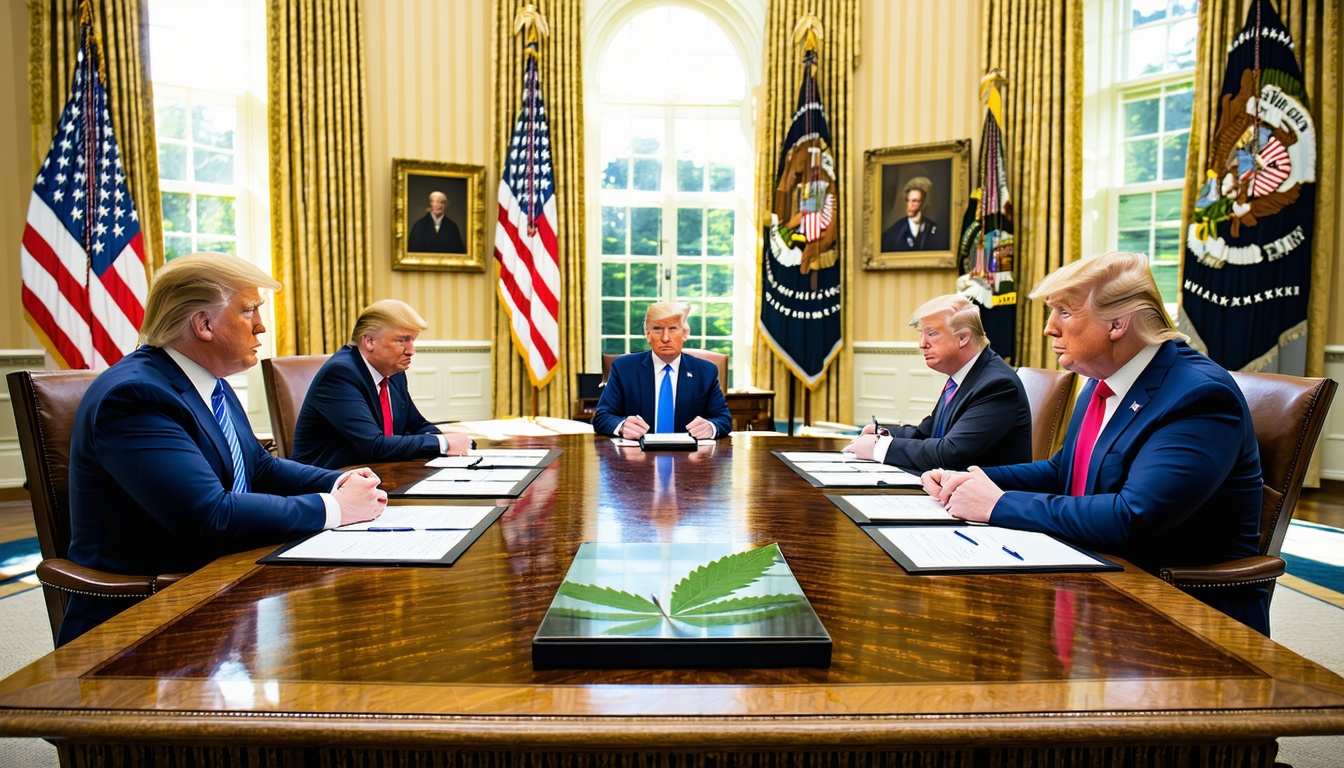Montana Senate Votes to Redirect Marijuana Tax Revenue to Treatment and Law Enforcement
The Montana Senate has given initial approval to a bill that would redirect marijuana tax revenue from conservation programs to substance use treatment and law enforcement. Senate Bill 307, sponsored by Senate Majority Leader Tom McGillvray, passed 30-20 on a preliminary vote, with all but two Republicans in support and all Democrats opposed.
Under the current system, the first $6 million of marijuana tax revenue goes to behavioral health services and substance use treatment through the state’s HEART Fund. The remaining revenue is divided between various conservation programs, including wildlife habitat improvement, state parks, and recreational programs.
SB 307 would remove the funding for these conservation programs and allocate the revenue to the HEART Fund and a new fund for a marijuana law enforcement office under the Montana Department of Justice’s Division of Criminal Investigation. The office would focus on investigating the black market and prosecuting criminal violations of marijuana laws.
McGillvray argued that the original ballot measure, Initiative 190, which legalized recreational marijuana in Montana, did not intend for the revenue to go towards conservation programs. He believes that the money from a tax on a specific product should be used to address the impacts of that product, rather than unrelated programs.
Opponents of the bill, including Sen. Sara Novak, D-Anaconda, argued that the bill creates a false choice between funding conservation and responding to marijuana’s impacts. They also expressed concern that the bill undermines the work of the 2021 Legislature, which established the current funding structure.
The bill was amended in committee and again on the Senate floor, with McGillvray proposing changes that narrowed the scope of the marijuana law enforcement office and left more of the tax revenue in the state general fund.
The bill will now go to the Senate Finance and Claims Committee, which reviews bills that affect state revenue, before returning to the Senate for a final vote. If it passes, it will go to the House for consideration.












